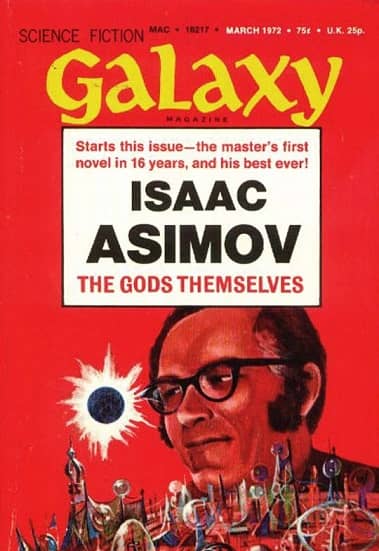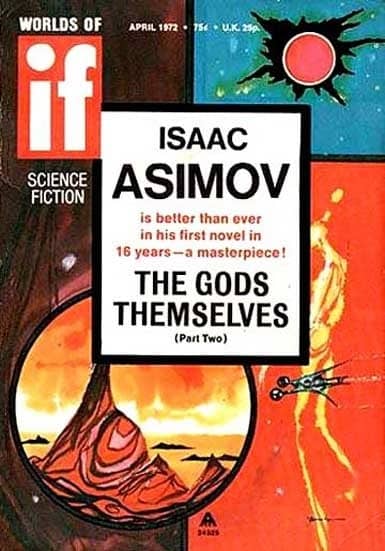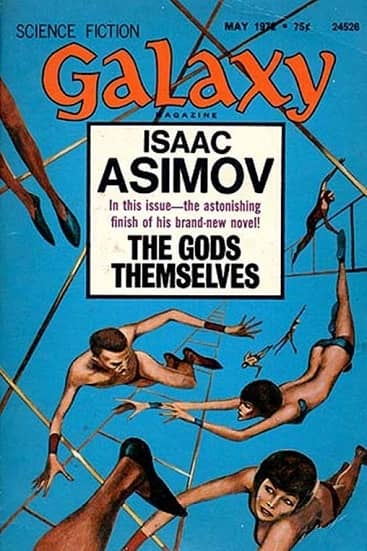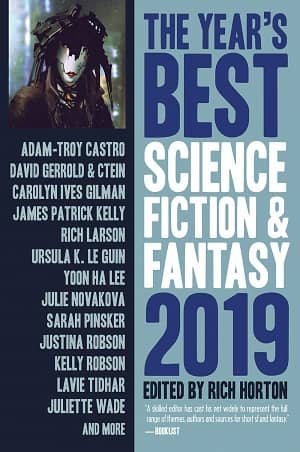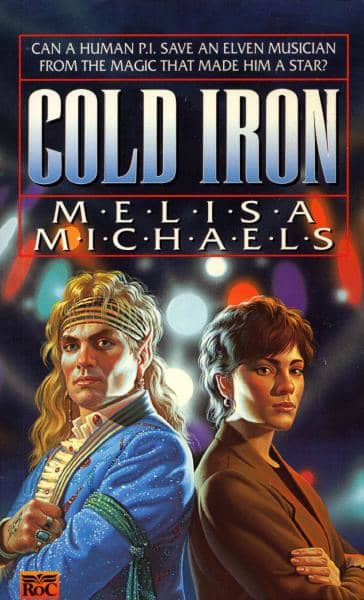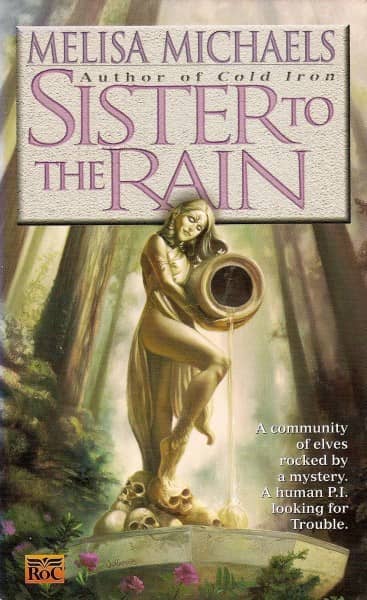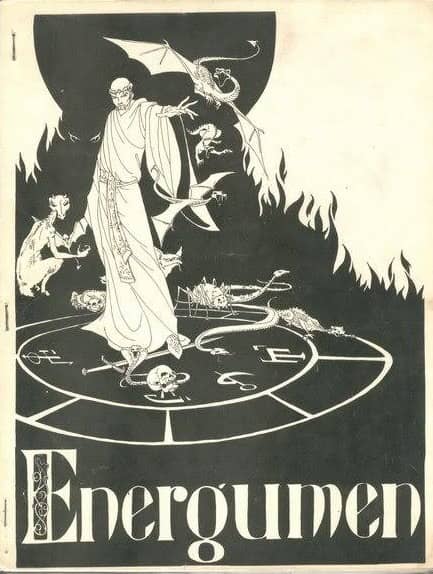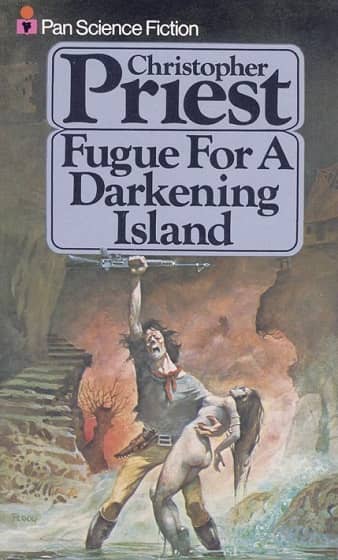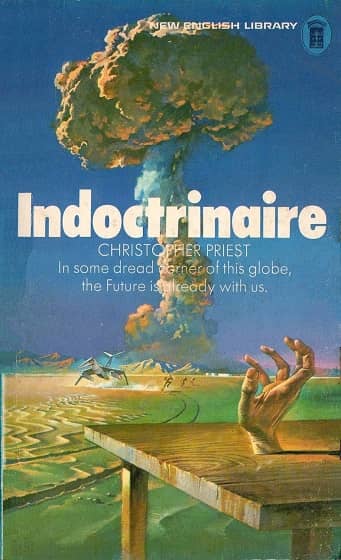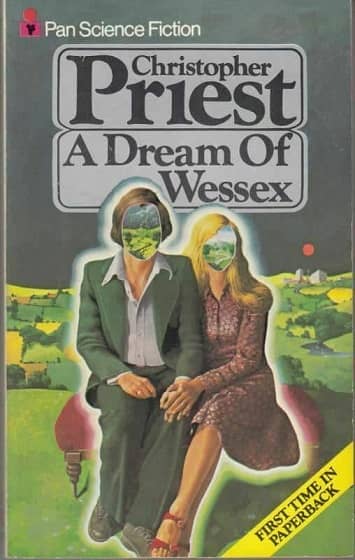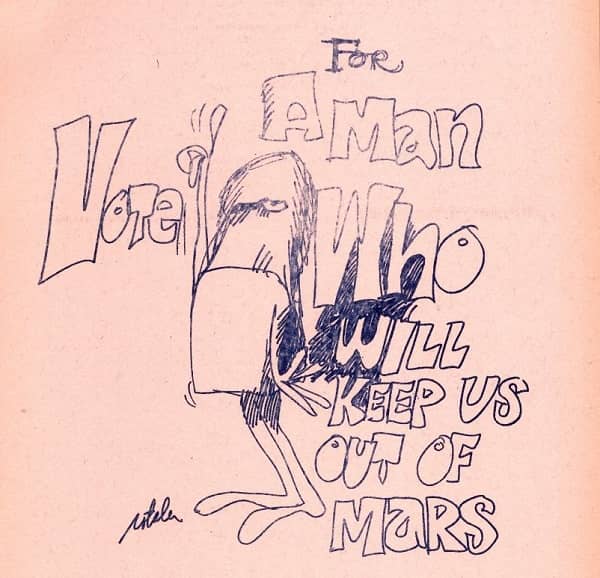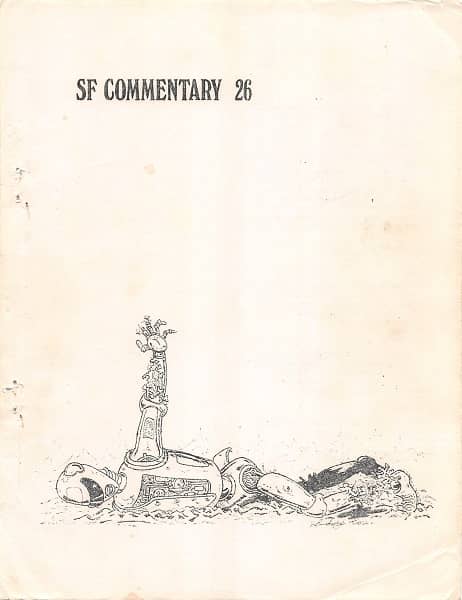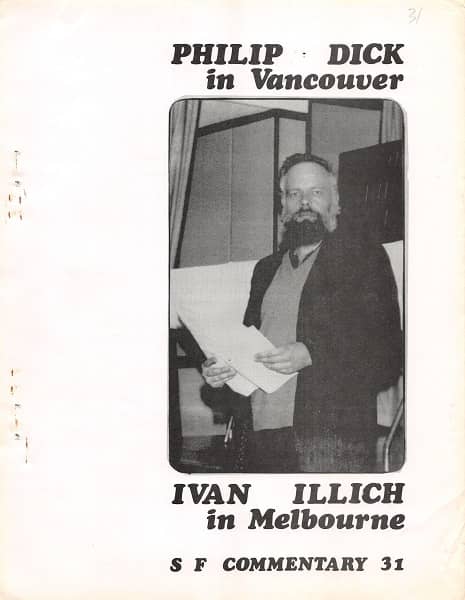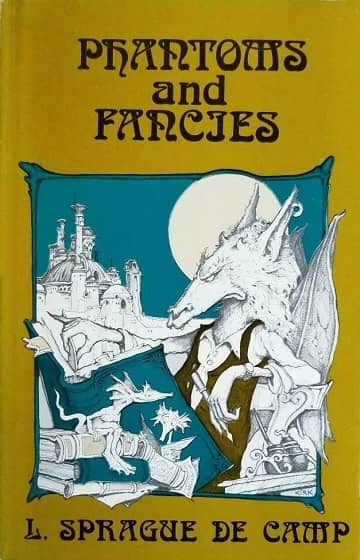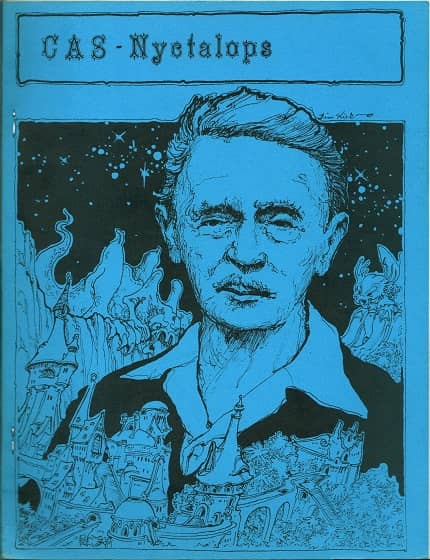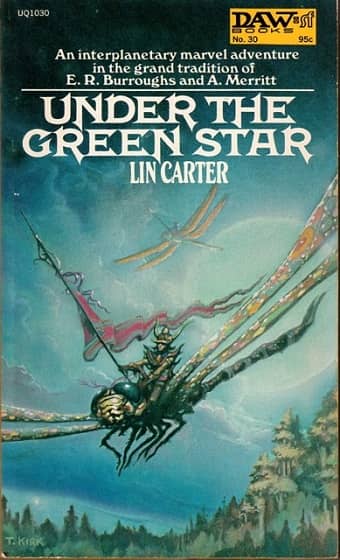The Golden Age of Science Fiction: The 1973 John W. Campbell Memorial Award: Beyond Apollo, by Barry N. Malzberg (plus Special Award to Robert Silverberg for Dying Inside)
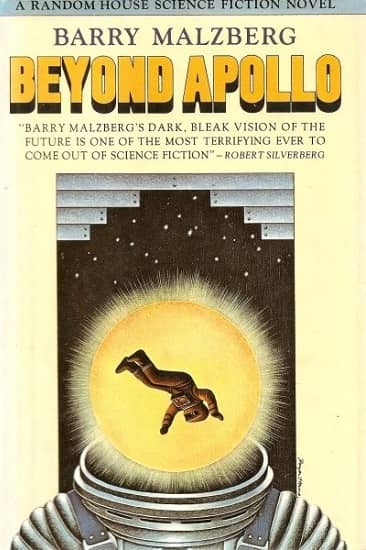 |
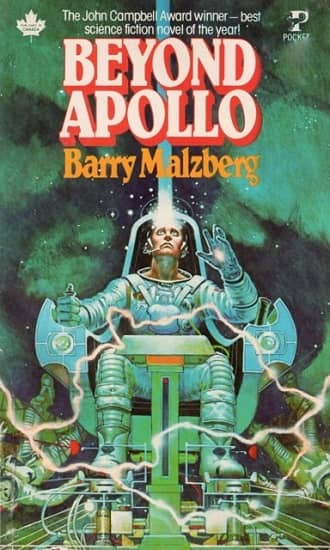 |
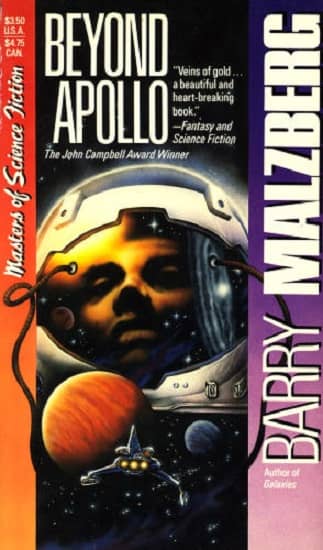 |
Beyond Apollo (Random House, 1972, Pocket Books, 1979, Carrol & Graf, 1989). Covers by Roger Hane, Don Maitz, and unknown
Two separate awards were established in 1973 in memory of the profoundly influential long time editor of Astounding/Analog, John W. Campbell, Jr., who had died in 1971. We have already covered the John W. Campbell Award for Best New Writer (which has just been renamed the Astounding Award), which went to Jerry Pournelle.
The John W. Campbell Memorial Award is given for the Best Science Fiction Novel of the year. It is a juried award. It was first established by Harry Harrison and Brian W. Aldiss, to, well, let’s reproduce Harrison’s words:
When John died it was a blow to all of us. After the memorial service a number of his writers were talking, and out of the talk came the Astounding anthology, what has been called the last issue of the Campbell magazine. It was a good tribute to a good editor. There is another tribute I think of just as highly, the award for the best SF novel of the year presented in his name and memory. An award I am sure he would have loved because it instantly became involved in controversy when the first prizes was presented. How John enjoyed a good argument and a good fight! That this fight sprawled through the letter columns of Analog for some months would have cheered him even more.
The first award was presented at the Illinois Institute of Technology in Chicago. The jury for the first award consisted of Harrison, Aldiss, Thomas Clareson, Willis McNelly, and Leon Stover.
